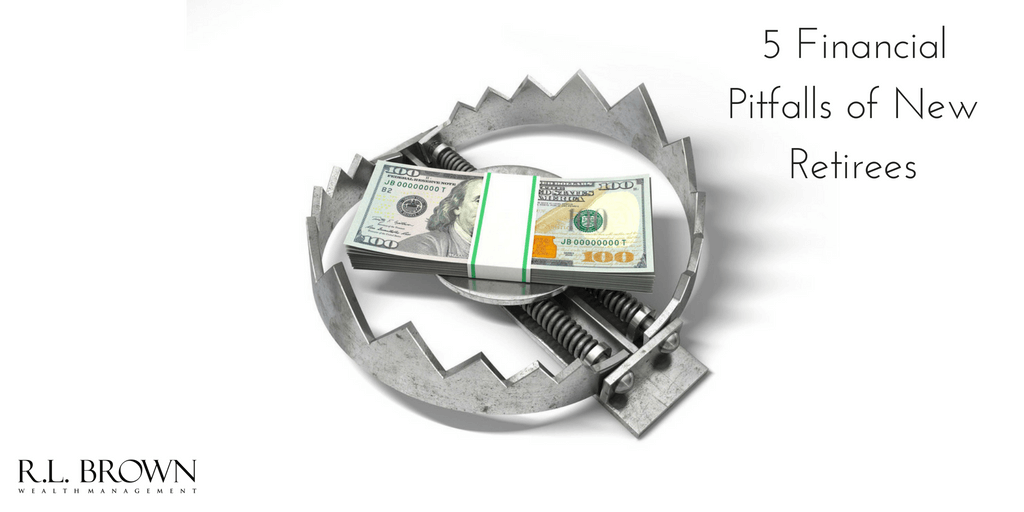If you’re gearing up for retirement, you’re probably counting on Social Security as a significant source of income.
According to the Social Security Administration, nearly half of single retirees count on Social Security checks for more than 90% of their retirement income. That’s a big number. It’s not surprising, then, that many are unsure of the right time to claim this important benefit.
The amount of money you receive in Social Security in a lifetime is configured by life expectancy. So, if you claim earlier than your full retirement age, you’ll receive smaller checks for a longer period of time. Claiming later than full retirement age results in bigger checks for a shorter period of time.
Full retirement age, or the age at which you can receive 100% of your Social Security benefit, is currently 66, but full retirement age increases steadily to 67, depending on your year of birth.
A person with a full retirement age of 66 who claims Social Security at 62 receives 75% of the amount they’d receive at his or her full retirement age. On the other hand, a person with a full retirement age of 66 who waits until age 70 to begin receiving Social Security receives 32% more than he or she’d receive at full retirement age.
So when should you collect?
Based on the above facts, there are a few things to consider when choosing the best time to collect Social Security checks. The state of your health should certainly be a factor, as well as the time value of money. If you have other sources of income that can sustain you, investing your Social Security checks could further grow those funds.
Ultimately, you have to consider whether it’s more worth it to you to have a larger Social Security income over a shorter period of time, or vice versa. Do you need the money now, or can you wait?
Figure out the “breakeven point”
You may want to calculate the “breakeven point” to give you a better idea of when to claim. This is the point at which the total amount you collect from Social Security by waiting cancels out the amount you would have received by claiming early.
Social Security gives you an 8% annual increase for every year beyond full retirement age you delay receiving benefits. It initially seems like a no-brainer to try and hold out as long as possible before collecting benefits. But remember that despite that increase, you won’t break even on your decision to wait until you’re about 80 years old.
Let me explain.
For example, if you are slated to receive $1,000 per month at full retirement age, you can receive $750 per month if you claim at age 62 or $1,320 per month if you claim at age 70.
If you claim at age 62, you would collect a total of $81,000 in Social Security benefits at age 70, $135,000 in benefits at age 75, and $171,000 in benefits at age 80.
Alternatively, if you claim at 70, you would earn $95,040 in benefits at age 75 and $174,240 in benefits at age 80. It’s not until you reach 80 that the amount that you have collected in Social Security surpasses the amount you would’ve collected by claiming at age 62.
The case for collecting early
The biggest benefit of collecting Social Security benefits as soon as you reach full retirement age is the potential to multiply those funds. If you’re in a position to live off pensions or other revenue streams during the first part of your golden years and invest your Social Security checks, it could pay big dividends in the end.
Let’s say you invest your $750 per month in Social Security income rather than spend it. If you did that and earned a hypothetical 6% annually, then you could end up with a portfolio valued at $422,966 at age 85 and $616,758 at age 90. Waiting and investing your $1,320 per month in the same investment produces a nest egg worth only $368,693 at age 85 and $582,686 at age 90.
The bottom line
If your financial situation allows you to take advantage of the ability to invest and grow your Social Security funds, it may make the most sense to claim early.
Before making any final decisions, talk it over with a financial professional who can help you weigh all your options, including various claiming strategies. Remember, if you claim early and change your mind, you only have one year to withdraw your claim.







